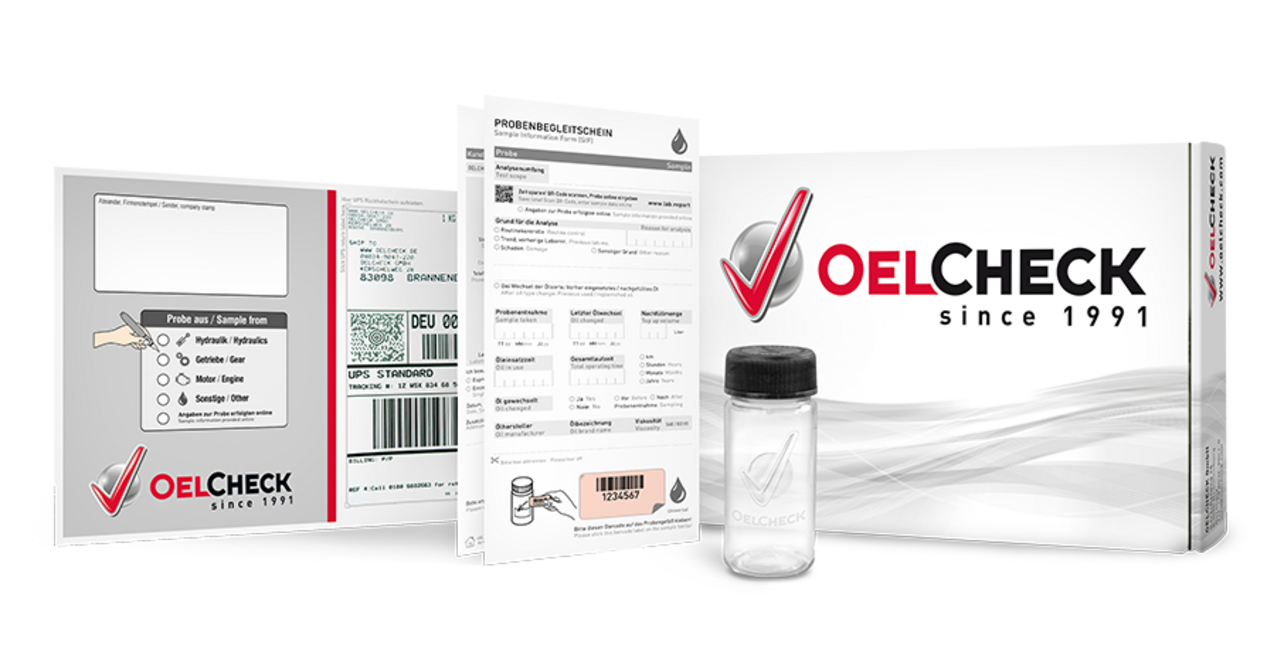Recommendation of an MPC test
The lab reports of the semi-annual trend analyses of circulation oil from a steam turbine were always marked OK with a green tick. However, in the last lab report we received an urgent recommendation to conduct an MPC test or change the oil. What is behind the MPC test?

Oil monitoring is more important than ever before
Oils are still supposed to reach lifespans of several years, despite an annual 8,500 hours of strain, particularly in large oil circulation systems with capacities well over 1,000 litres. Due to increasingly demanding operating conditions, turbine oils are being developed, but how they prove themselves only becomes clear in practice. Regular monitoring with oil analyses is therefore crucial. However, modern turbine oils also require constant adjustment of the values detected in lubricant analyses. OELCHECK offers 10 different all-inclusive analysis kits for turbine oils alone. The scope of your analysis is perfectly adapted for a wide range of turbine oils and operating conditions. In the analysis, oxidation, modification of additives, any wear or contaminants in the fine and/or finest range are the focus, among others. The values detected are assessed by the OELCHECK diagnostic engineers as parts of a whole. If formation of sludge and/or varnish is suspected, an additional MPC test (Membrane Patch Colorimetry) is recommended. The MPC value is included as standard in analysis kit 10 (standard for turbine inspection). It is the only procedure worldwide that can be used to quantify an oil's potential to form varnish. The higher the MPC index is, the more undissolved particles are present in the oil.
A practical tip: turbine oils should be monitored through oil analyses every 2,500 to 4,000 operating hours. This is the only way to guarantee maximum operating safety. However, if unusual temperatures, shortened filter lifespans and/or discolourations of the oil nevertheless occur during operation, these are often the first indicators that deposits or even varnish are being formed. In that case, only an immediate analysis of the turbine oil including an MPC test will provide certainty. If the suspicion is confirmed, OELCHECK diagnostic engineers will advise on concrete measures or even an oil change.
OELCHECKER Spring 2018, page 8



